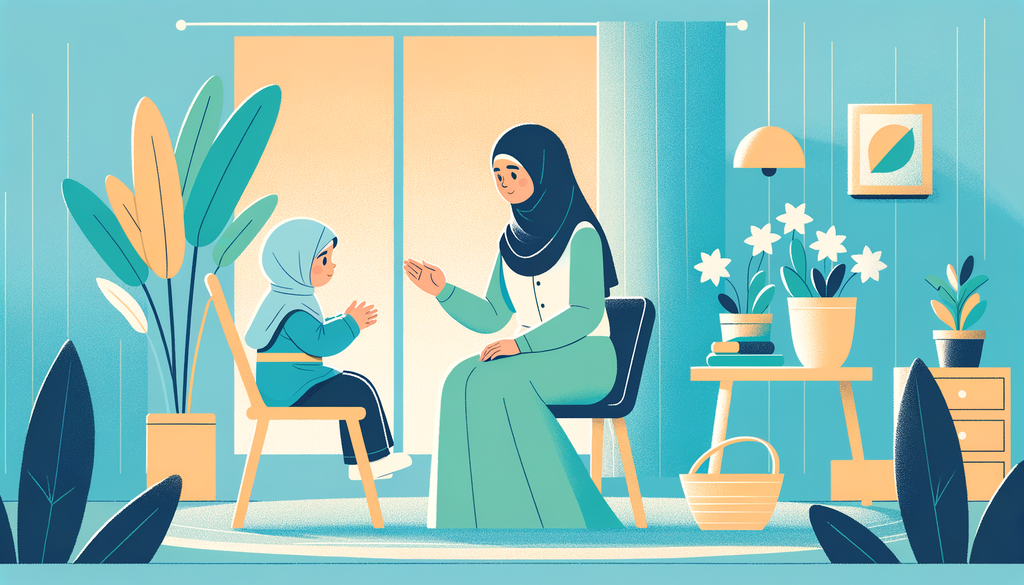The Sibling Effect: Nurturing Relationships in Families with Special Needs

The Sibling Effect: Nurtifying Relationships in Families with Special Needs
In households where one or more children require special attention due to learning disabilities or giftedness, the sibling dynamic can be complex. This complexity, however, does not need to be a barrier to close, nurturing relationships between siblings. By understanding the challenges and adopting conscious parenting strategies, you can foster healthy relationships that enrich the lives of all your children.
Unique Challenges for Siblings
Emotionally and cognitively, it can be challenging for siblings who do not have special needs to process their complex feelings about the familial dynamic. This post addresses in more detail the unique position these siblings may find themselves in.
In terms of understanding and empathy, children might feel frustrated if their sibling with special needs “gets away” with behaviors they would be reprimanded for, or if they do not understand why their sibling acts a certain way. Parents can help mitigate these feelings through open conversations and fostering empathy.
Importance of Open Communication
One of the most important factors in nurturing healthy sibling relationships is open communication. By discussing your child’s special needs honestly (at an age-appropriate level), you can help their siblings understand and empathize better, reducing feelings of frustration or confusion.
You can start by educating yourself about your child’s needs by reading informative posts or reaching out to professionals. Having accurate information not only helps you provide better care but also equips you to facilitate conversations with your other children about their sibling’s condition.
Fostering Mutual Respect and Empathy
Teach your children to respect and appreciate each other’s differences. Use stories, analogies, or personal examples to explain how everyone is unique and that it is a good thing. For dialogue and story ideas on this, our post narrates an inspiring journey of a family navigating through learning disabilities.
Individual Attention and Equality
While your child with special needs might require more attention, ensuring that all your children feel loved and cared for equally is vital. Here’s a great post that offers useful tips on maintaining equilibrium at home.
Remember to celebrate the achievements of all your children, encourage their unique talents, and provide individualized attention. It’s important that every child feels seen and heard.
Involvement in Care and Therapy
One useful strategy could be getting siblings involved in the therapy or daily routines of their sibling with special needs. This will help them understand their sibling’s challenges and victories, fostering a bond through shared experiences. Before intending to do so, read through this post to get an understanding of the different therapy options available.
Remember Self-Care
Caregivers often put their children’s needs above their own. But remember, caring for oneself is as important as caring for children - your well-being directly impacts theirs. Read this post to understand and implement self-care effectively.
Ultimately, fostering strong sibling relationships involves many of the same principles as good parenting: clear communication, fostering mutual respect and empathy, and ensuring that children feel loved and valued. As parents, we play a critical role in creating a nurturing environment. This responsibility can feel daunting, but remember, you’re not alone. Reach out to local or online support groups, and stay connected with resources like our blog posts to continually equip yourself for this journey.